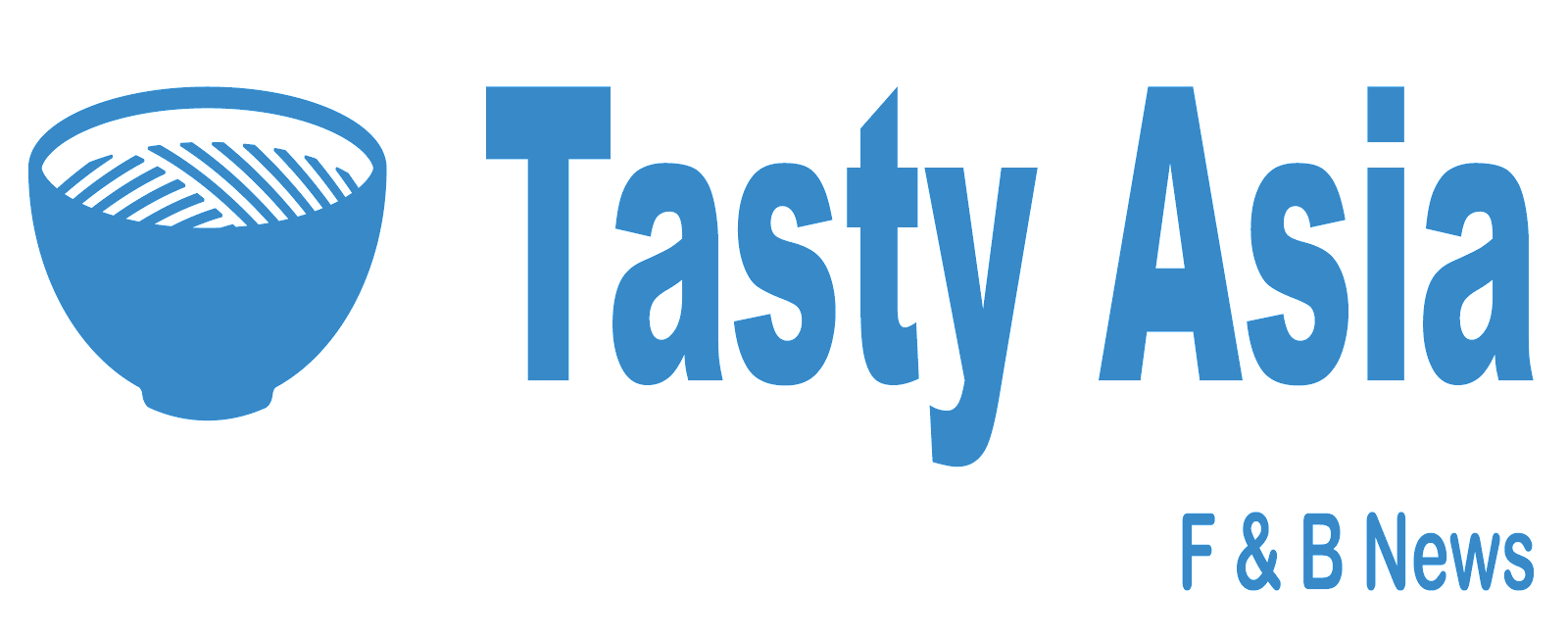The halal industry in the Philippines is facing a lot of challenges, according to Abdulatif S. Sangcupan, president and CEO of Halal Development Institute of the Philippines, a local non-profit halal certification body. Sangcupan, who is also a seasoned culinary chef, provides training to the local F&B and food manufacturing sectors on halal implementation guidelines.
In this interview with Tasty Asia, he revealed that in order for the halal industry in the Philippines to thrive, information campaigns and government support are crucial.
What’s more, unlike its South-east Asian neighbours like Malaysia, Indonesia and Singapore, the Philippines have yet to have its own unified halal standard.
In 2016, Republic Act 10817 or the Philippine Halal Export Development and Promotion Act of 2016 made possible a Manual of Procedures for the Philippine National Halal Certification Scheme, but this has yet to be implemented, as local stakeholders such as the Halal Development Institute of the Philippines says the guidelines in the manual needs to adhere to an Islamic perspective before it can be implemented.
Halal means “permissible” and refers to a set of rules in Islam outlining what activities are permissible and forbidden, especially in food and drink. For example, for meat to be considered halal, the animal must be slaughtered in a way that adheres to certain guidelines, or else it is deemed “haram” or unlawful.
With the global halal food market expected to reach US$ 739.59 billion by 2025 (according to a report by Grand View Research), the global halal food industry is expected to witness significant growth over the forecast period owing to increasing Muslim population and their substantially increasing expenditure on food & non-alcoholic beverages, which is considered as the main driving force of this market.

إرسال تعليق